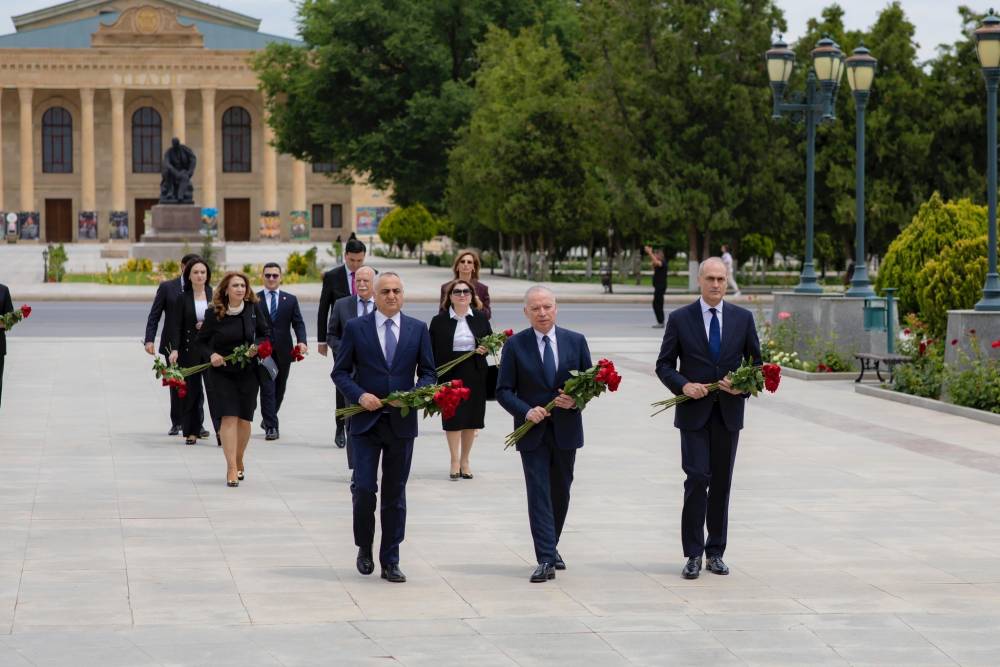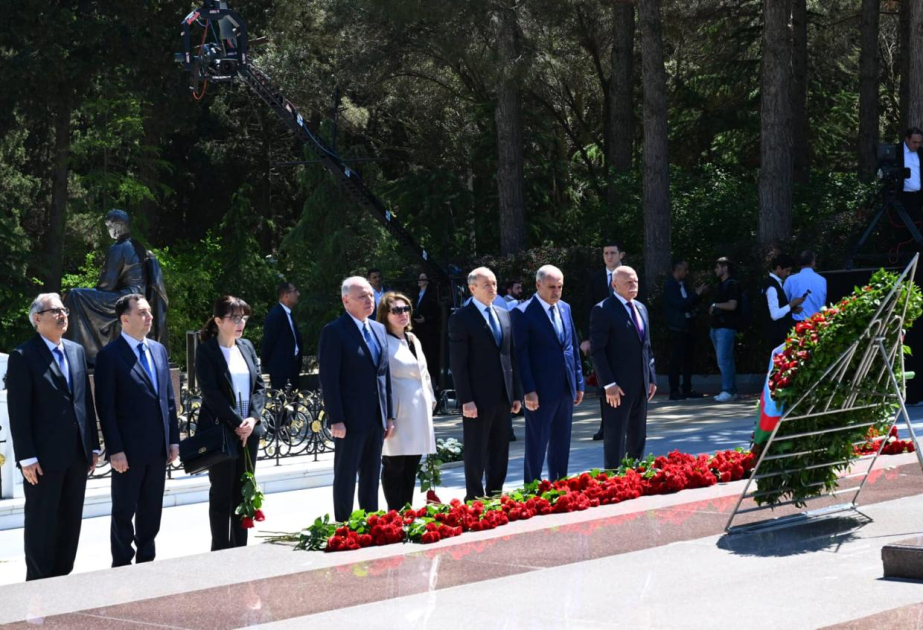22.12.2021
Plenum of the Constitutional Court of the Republic of Azerbaijan, chaired by
Farhad Abdullayev, a session via the written procedure of
special constitutional proceedings.
At the court session was examined the constitutional
case based on the request submitted by the Court of Appeal of Ganja city on
interpretation of Article 18 of the Criminal Code of the Republic of Azerbaijan
in terms of Articles 70 and 79 of the same Code.
Having
heard the report of Judge K.Shafiyev, studied and discussed reports of
representatives of interested parties – Chairman of the Criminal Board of Court of Appeal of Ganja city T.Mukhtarov and Head of the Administrative Legislation Sector of the
Department of State Building, Administrative and Military Legislation of Milli
Majlis (Parliament) K.Pashayeva, conclusions of specialists Chairman of the Criminal
Board of Supreme Court H.Nasibov, Head of the Department for the Defense of
Public Prosecutions of the Prosecutor General's Office O.Isayev and judge of
the Court of Appeal of Baku city G.Babayev, the Plenum of Constitutional Court of the
Republic of Azerbaijan adopted decision.
The decision states that except for the cases
specified in Article 18.4 of the Criminal Code of the Republic of Azerbaijan, according
to Article 18.1 of the Criminal Code, committing a crime by a person sentenced
to probation or suspended imprisonment in accordance with Articles 70 and 79 of
this Code creates a recidivism of crimes.
In accordance with the requirements of Article 318 of
the Criminal Procedure Code of the Republic of Azerbaijan, as well as the norms
of Chapters XLVII and XLVIII of this Code, court shall not have the power to
make any changes to the verdict of another court when imposing a sentence under
Articles 66.5 or 67.1 of the Criminal Code of the Republic of Azerbaijan.
When imposing a sentence under Articles 66.5 or 67.1
of the Criminal Code of the Republic of Azerbaijan, in order to eliminate errors
and misunderstandings in the previous sentence that are not related to the
application of the law and do not affect the essence of the sentence, the matter must be brought before the relevant court
on the application of the interested persons or on the court's own initiative.
The decision comes
into force from the date of its publication, is final, and may not be
cancelled, changed or officially interpreted by any institution or official.




















